15 Urgent Visa Changes Every Traveler Needs to Know Before Booking This Year
In an increasingly interconnected world, the freedom to cross borders is often taken for granted – until a sudden visa change throws your plans into disarray. Global mobility is now intricately tied to a constantly shifting landscape of regulations, demanding proactive vigilance from every traveler. This isn't just about applying for a visa; it's about navigating an evolving matrix of digital requirements, geopolitical shifts, and new security protocols. This article serves as your indispensable guide to 15 urgent visa updates, offering actionable insights and breaking down the complexities you must know before hitting "book." Whether you're a seasoned globetrotter or planning your first international adventure, staying ahead of these changes is the difference between a seamless journey and a costly disruption.
1. The Rise of Digital Nomad Visas: New Opportunities for Remote Workers

Beyond standard tourist or business visas, a growing number of countries are introducing specific Digital Nomad Visas. These aren't just work permits; they offer a legal framework for remote workers to reside for extended periods (typically 6-12 months, renewable), often with lower income thresholds than traditional work visas. Destinations like Portugal, Costa Rica, and Indonesia are leading this trend. Travelers must understand the specific income requirements, proof of remote employment, and local tax implications, as these differ vastly from standard tourist entries and open up entirely new long-stay possibilities.
2. ETIAS and ETA: The New Travel Authorizations for Visa-Free Nations
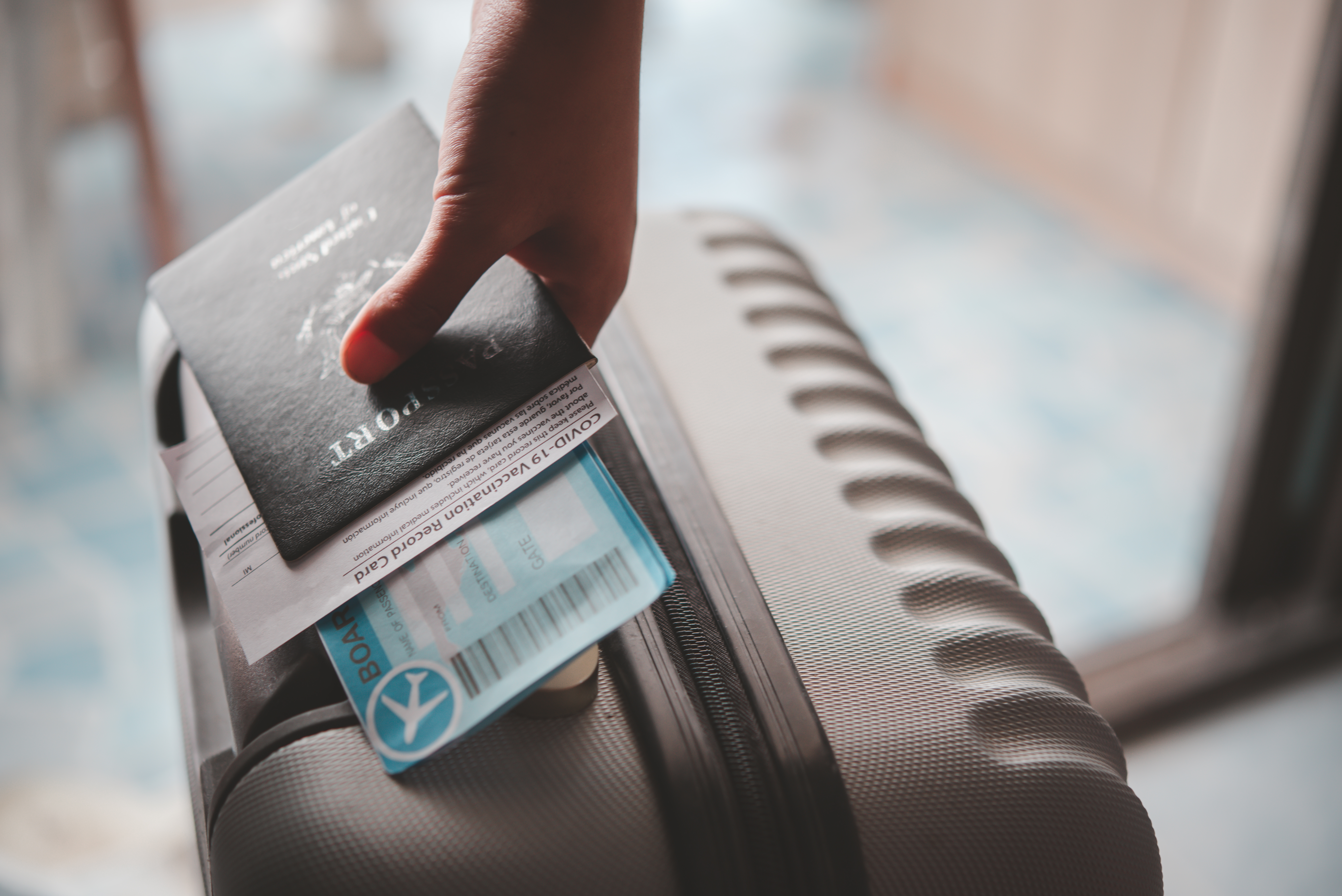
Even for citizens of traditionally "visa-free" countries (like the US, Canada, UK, Australia), new electronic travel authorizations are becoming mandatory. The EU's ETIAS (European Travel Information and Authorization System) is set to launch soon, requiring pre-approval for entry to the Schengen Area. Similarly, countries like Canada (eTA) and Australia (ETA) already have these. These aren't visas, but necessary online registrations. Travelers must apply in advance, understand the validity period (typically 3 years or until passport expiry), and note they do not guarantee entry.
3. Biometric Data Collection: The New Standard at Visa Centers

Expect heightened biometric data collection as a mandatory part of more visa applications globally. This goes beyond just a passport photo. Many consulates and visa application centers (VACs) now require in-person appointments to capture fingerprints and digital facial scans. Countries including the UK, Schengen Area nations, India, and China widely use this. Travelers must factor in scheduling these appointments well in advance, understand that refusal to provide biometrics will result in visa denial, and prepare for potential wait times at these centers.
4. Increased Financial Proof Requirements: Scrutiny of Your Bank Account

Visa applications are increasingly scrutinizing applicants' financial solvency. Beyond a basic bank statement, many countries now demand detailed proof of funds, often requiring statements for the past 3-6 months, showing consistent income and sufficient savings to cover the entire trip. This is particularly true for long-stay visas or for young travelers. Applicants must understand the specific minimum daily funds required by the destination country and be prepared to show legitimate sources of income, not just large lump sums.
5. Short-Notice Policy Shifts Due to Geopolitics: Monitoring Travel Advisories

The impact of geopolitical tensions on visa policies is becoming more immediate and less predictable. Diplomatic disputes, regional conflicts, or changes in international alliances can lead to abrupt visa requirement changes, suspensions, or even cancellations of existing visas. Travelers must actively monitor their home country's official travel advisories (e.g., U.S. State Department, UK Foreign Office) and the destination country's embassy websites. Relying solely on past experience or travel agent advice without independent verification can lead to denied boarding or entry.
6. Health Declaration Forms & Insurance Requirements: The Pandemic's Legacy

Even as the pandemic wanes, its legacy of health-related visa requirements persists. Many countries now mandate pre-arrival online health declaration forms (sometimes requiring proof of specific vaccinations like Yellow Fever, or even COVID-19 in some cases). Comprehensive travel medical insurance covering emergency medical expenses and even repatriation is also increasingly a mandatory visa requirement for many nations (e.g., Schengen Area, Cuba). Travelers need to secure and provide proof of adequate coverage, understanding minimum coverage amounts.
7. Digitalization Pitfalls: Beware of Phishing and Fake Visa Sites
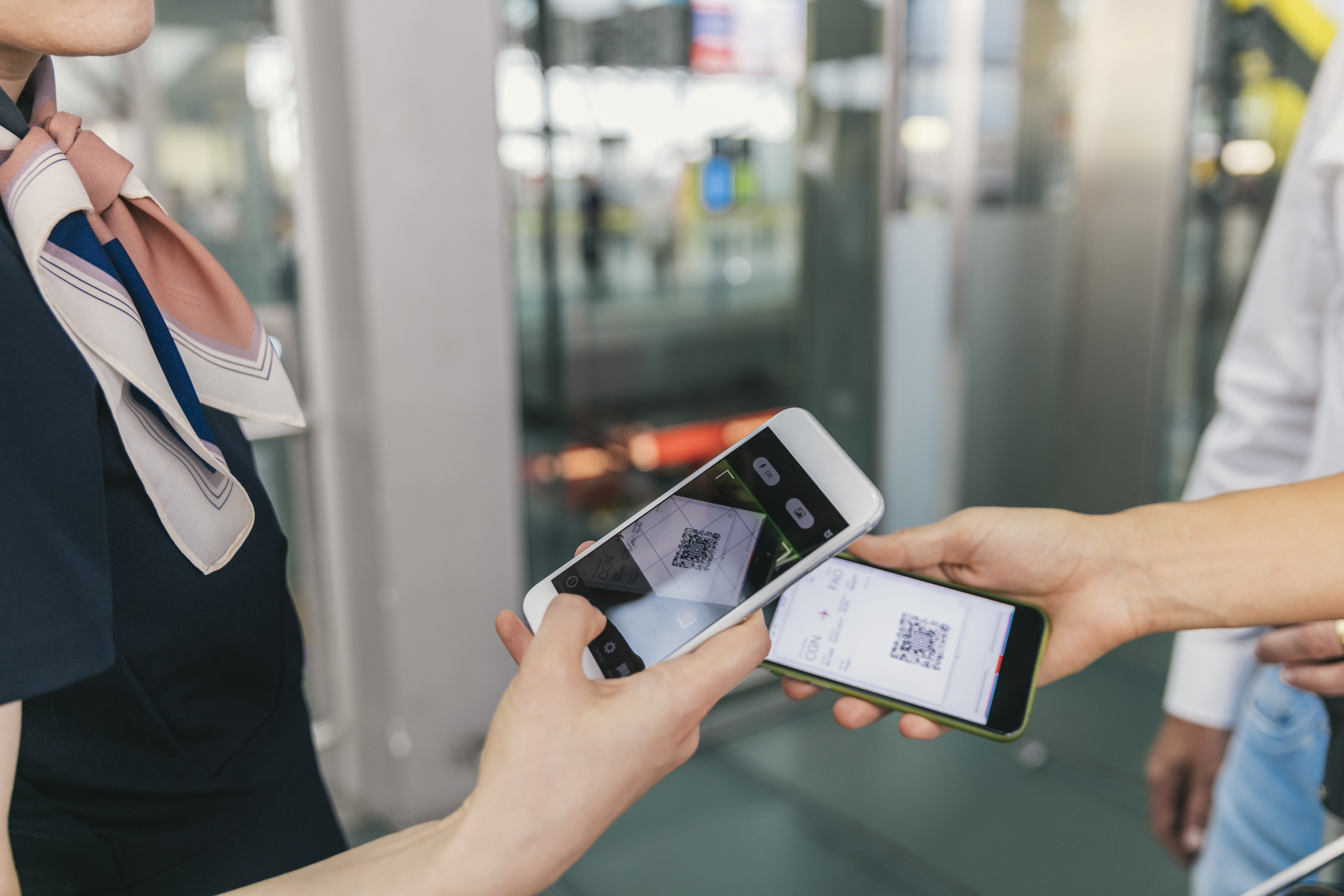
While technology streamlines visa applications, it also creates new pitfalls. The shift to online visa systems has led to a proliferation of fake visa application websites and phishing scams. These unofficial sites often charge exorbitant fees, steal personal data, or provide fraudulent visas. Travelers must only apply through official government embassy websites or their designated visa application centers. Always cross-reference URLs and look for official government seals to avoid falling victim to these increasingly sophisticated digital scams.
8. Reciprocity and Retaliation: Understanding Visa Fee Fluctuations

Visa fees are not static and are often subject to reciprocity rules or retaliatory measures between countries. If one country raises visa fees for another's citizens, the affected country may respond in kind. This can lead to sudden and significant cost increases. Travelers must check the exact, most up-to-date visa fees just before applying, as fees published months ago might no longer be accurate. Some countries also implement differential pricing based on nationality, adding to the complexity.
9. Stricter Scrutiny for "Overstay" History: Your Past Matters More
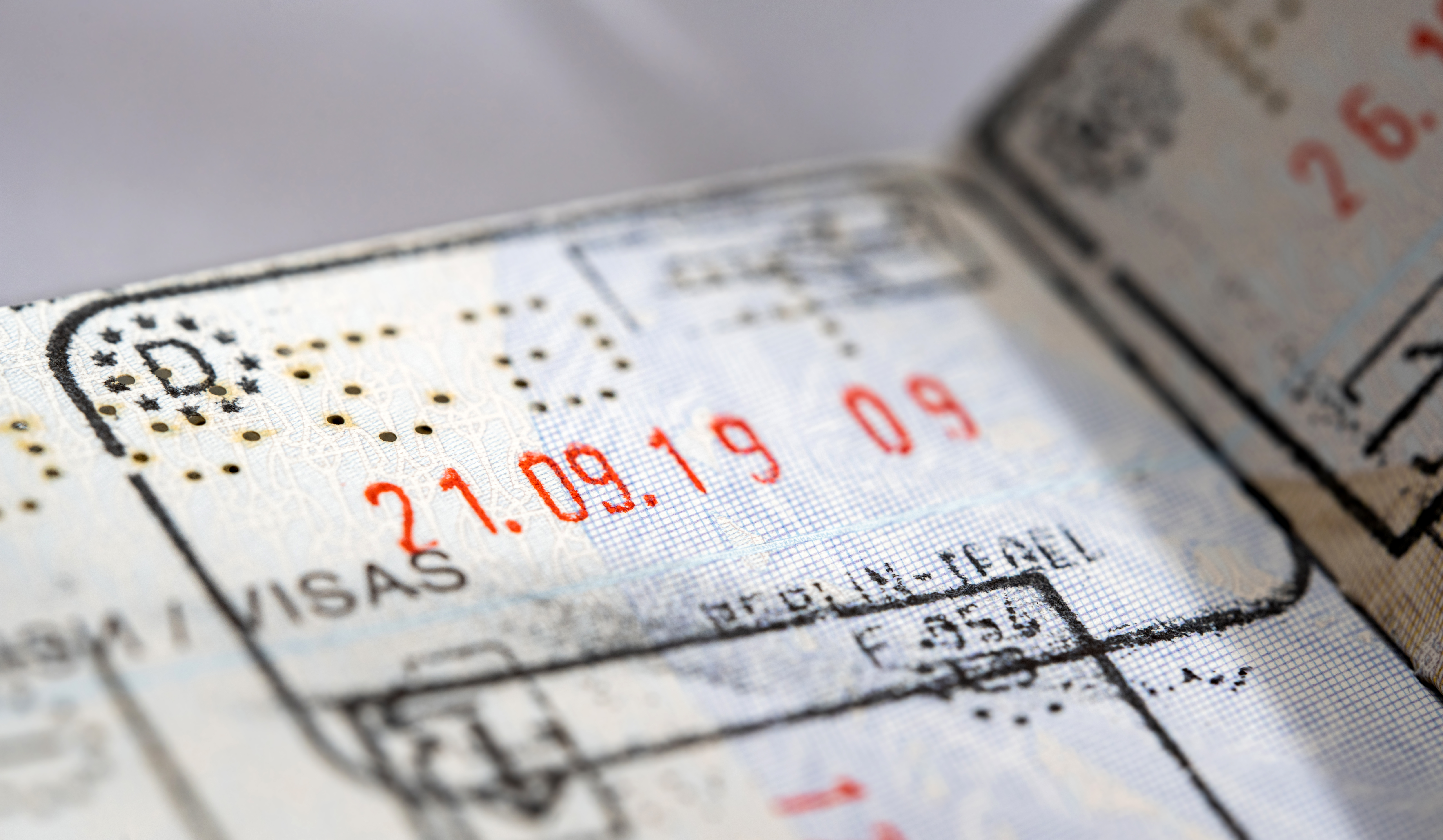
Immigration authorities worldwide are increasing scrutiny of applicants' past travel history, particularly any instances of overstaying a previous visa. Even a short, unintentional overstay from years ago can result in significant delays, denials, or future travel bans for the specific country or even regional blocs (like Schengen). Travelers must be scrupulously honest about their travel history and address any past issues proactively with documentation, as their digital footprints are now more easily traceable across borders.
10. Changing Visa Categories: When Tourist Visas Aren't Enough
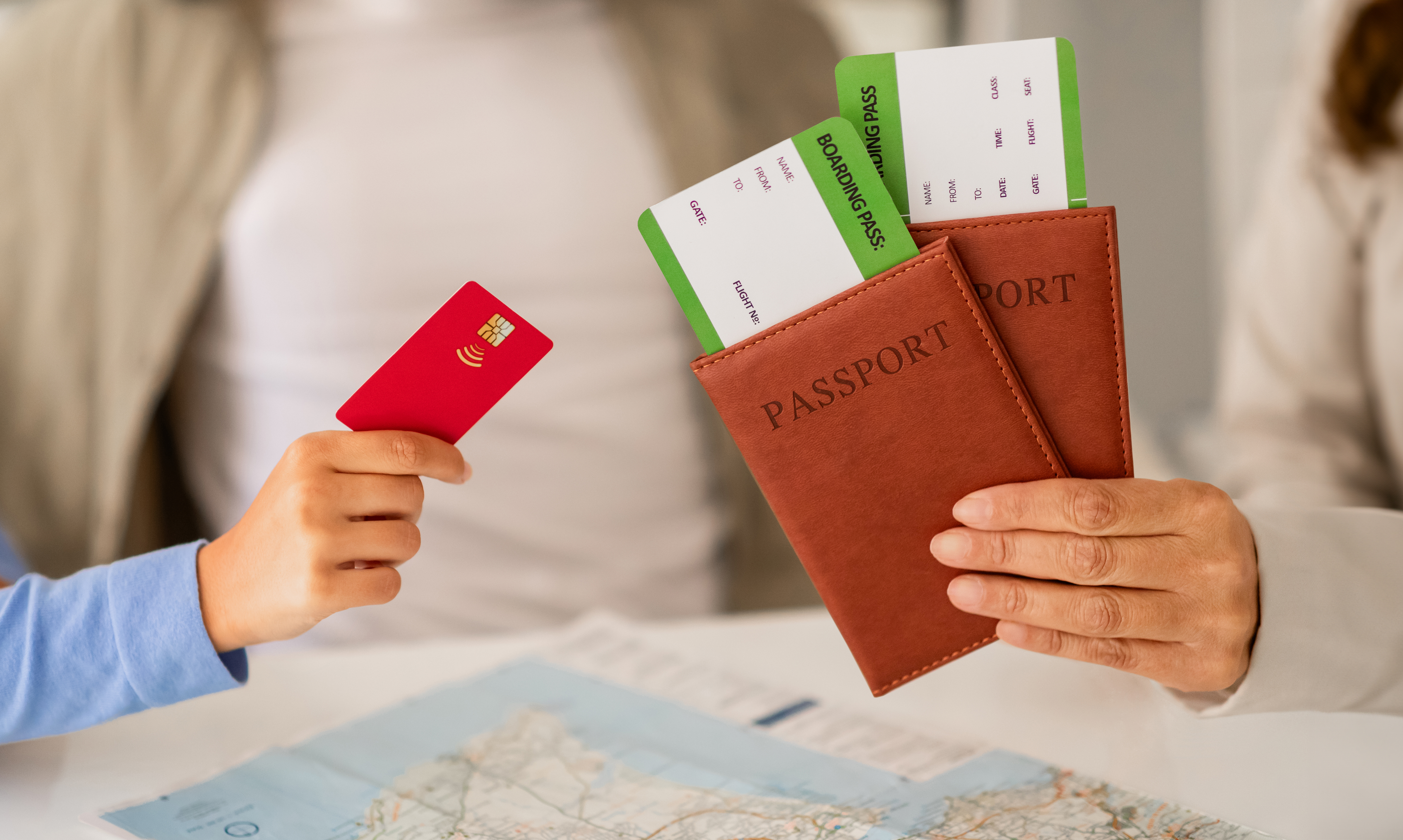
The lines between tourism, short-term business, and even remote work are blurring, leading to more nuanced visa categories. Travelers engaging in activities beyond pure tourism (e.g., attending conferences, remote work for a few weeks, unpaid internships) might find a standard tourist visa is no longer sufficient. Countries are cracking down on "visa misuse." Applicants must carefully describe their travel purpose and select the most appropriate visa category, seeking clarification from embassies to avoid potential legal issues or future entry denials.
11. Proof of Onward Travel: The Non-Negotiable Requirement
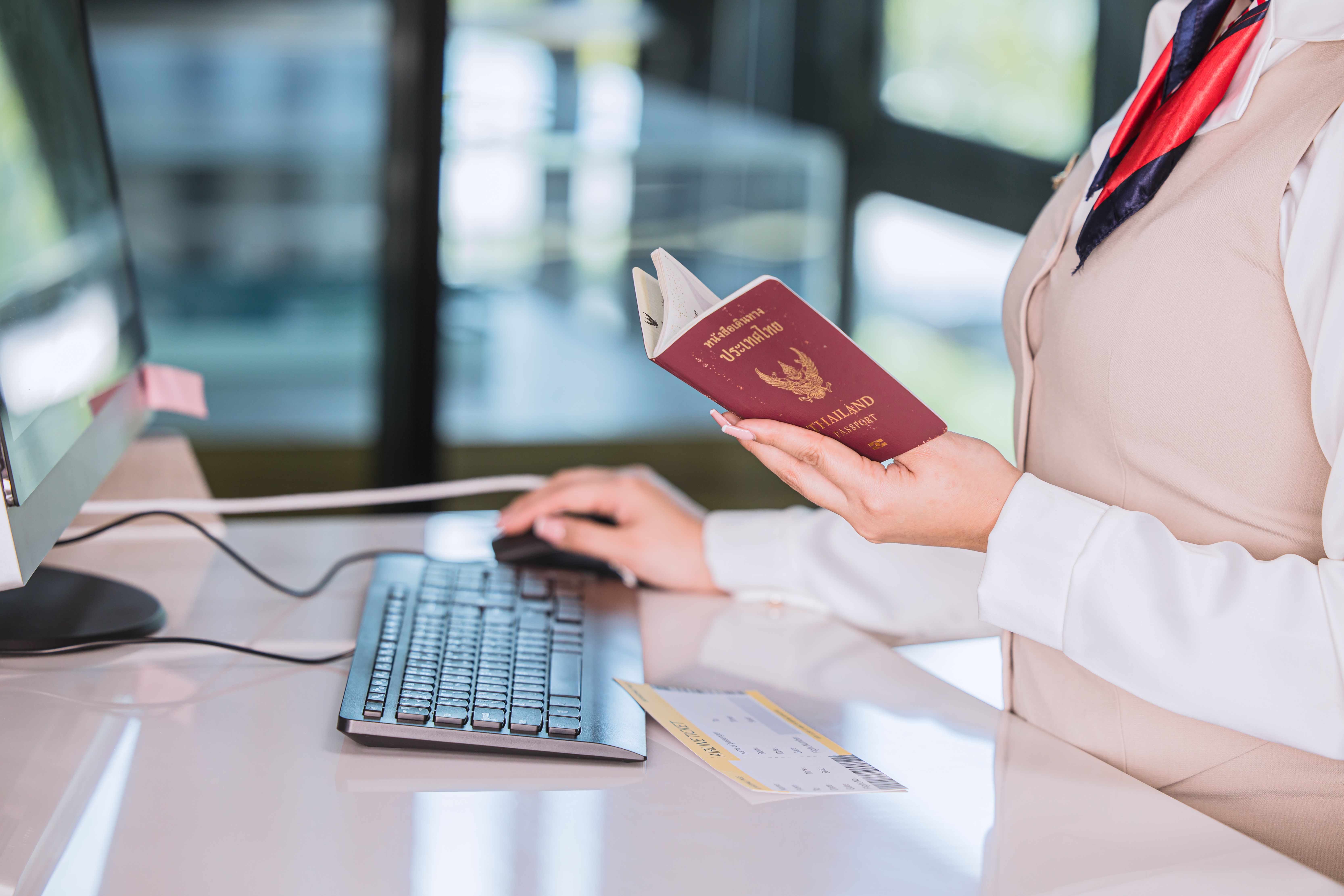
Many countries, especially popular tourist destinations or those with high immigration concerns, are strictly enforcing the requirement for proof of onward or return travel. This means showing a confirmed flight ticket out of the country within your permitted visa duration. Immigration officers often ask for this upon arrival. Travelers planning open-ended trips or buying one-way tickets must be aware of this, as failure to provide proof can result in denied boarding at the departure airport or denied entry upon arrival.
12. Visa Processing Times: Unpredictable and Getting Longer

Visa processing times are becoming increasingly unpredictable and, in many cases, significantly longer than pre-pandemic norms. Backlogs, staffing shortages, and heightened security checks contribute to this. Travelers cannot rely on advertised "standard processing times." It is crucial to apply much earlier than anticipated, ideally several months in advance for complex visas or popular destinations, and factor in potential interview requirements. Last-minute applications carry substantial risk of travel disruption.
13. Increased Interviews and Documentation Requests

Even for seemingly straightforward visa applications, there's a trend towards more in-person interviews and requests for extensive supporting documentation. Consular officers are conducting more thorough vetting, often asking for detailed itineraries, hotel bookings, invitations, and financial records. Travelers must be prepared to articulate their travel purpose clearly, confidently, and honestly, ensuring all submitted documents are consistent and verifiable. Any discrepancies or vague answers can lead to prolonged processing or denial.
14. Automated Border Control: Speed and Precision
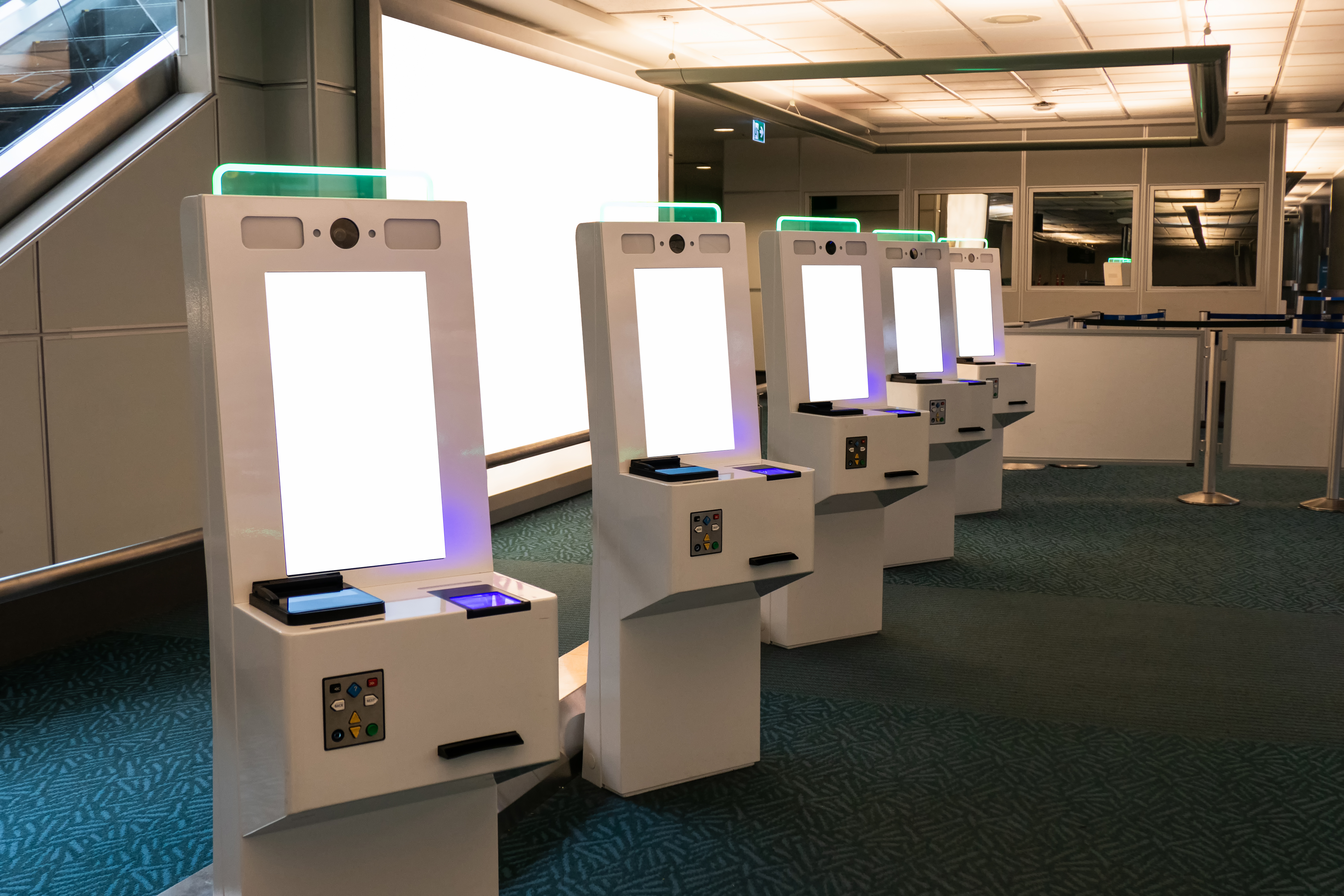
The future of visa navigation involves increasing automation at border control. Many countries are implementing e-gates and advanced facial recognition technology (like the US, UK, Australia, EU). While speeding up entry for eligible travelers, this also means less human interaction and more precise data matching. Travelers need to understand which e-gate programs they qualify for (e.g., Global Entry, ePassport holders) and ensure their digital travel authorizations are perfectly matched to their current passport.
15. Visa Companies vs. Direct Application: Weighing Convenience vs. Cost
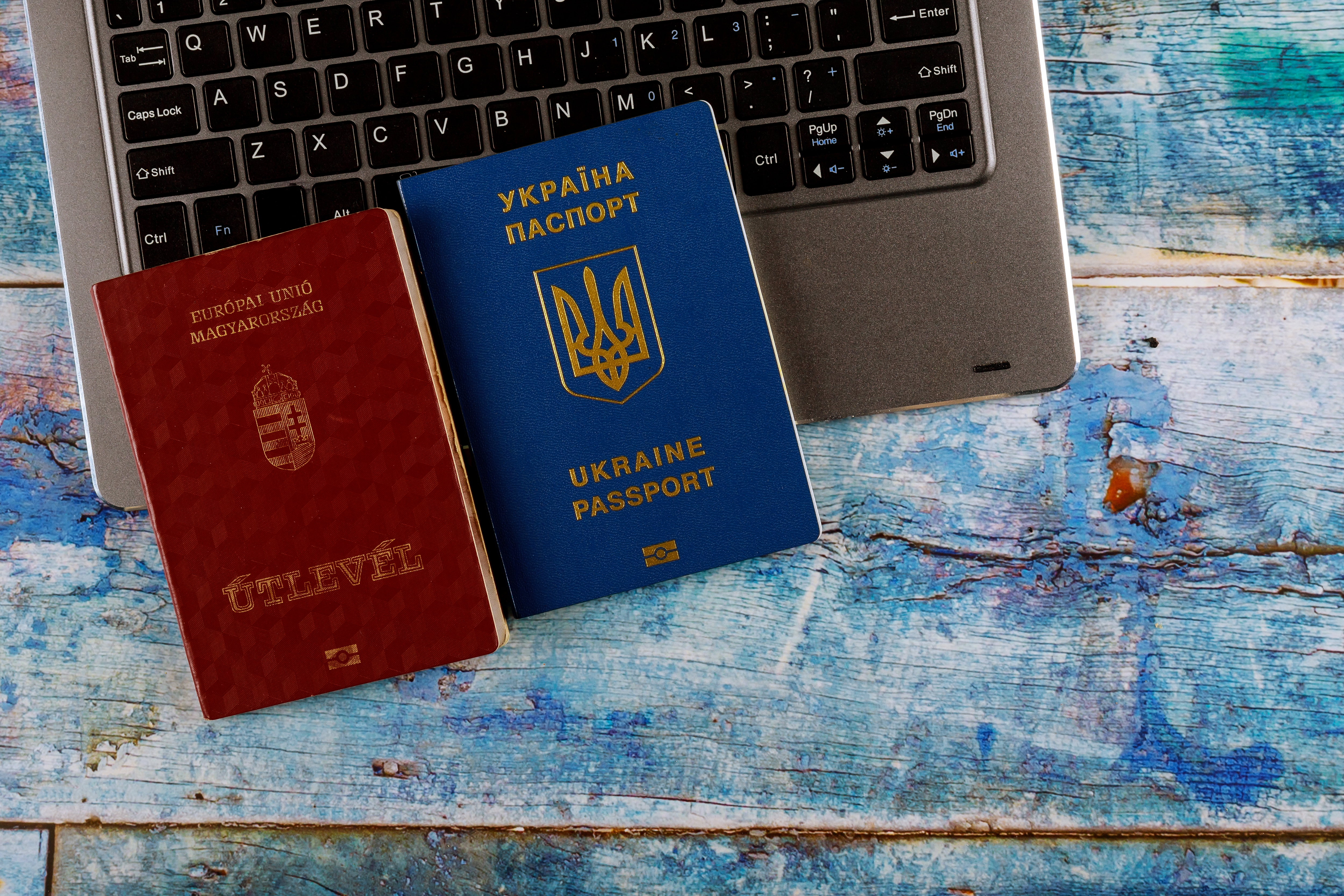
While applying directly through an embassy or consulate website is often the cheapest route, specialized visa service companies (like CIBT Visas or VisaHQ) offer convenience, particularly for complex applications or tight deadlines. Travelers must weigh the cost against the time saved and the reduced risk of errors. However, always ensure the visa service company is reputable, transparent about fees, and that they are indeed acting as an authorized intermediary, as some are simply middlemen with inflated prices.
Your Passport to a Seamless Journey

Navigating the ever-evolving landscape of international travel demands more than just a valid passport; it requires proactive knowledge of these 15 urgent visa changes. From the rise of digital nomad visas and the ubiquity of biometric data collection to the unpredictable impacts of geopolitics and the increasing scrutiny of your travel history, each shift redefines the path to global mobility. By staying informed, preparing meticulously, and understanding the nuances of modern visa policies, you transform potential roadblocks into seamless transitions. Embrace this insider knowledge, safeguard your travel plans, and unlock a future of worry-free adventures.








